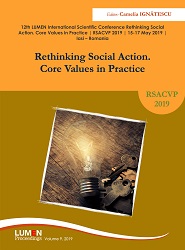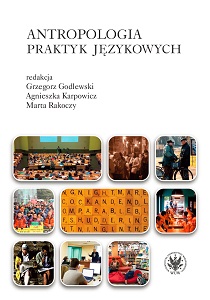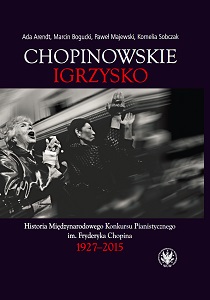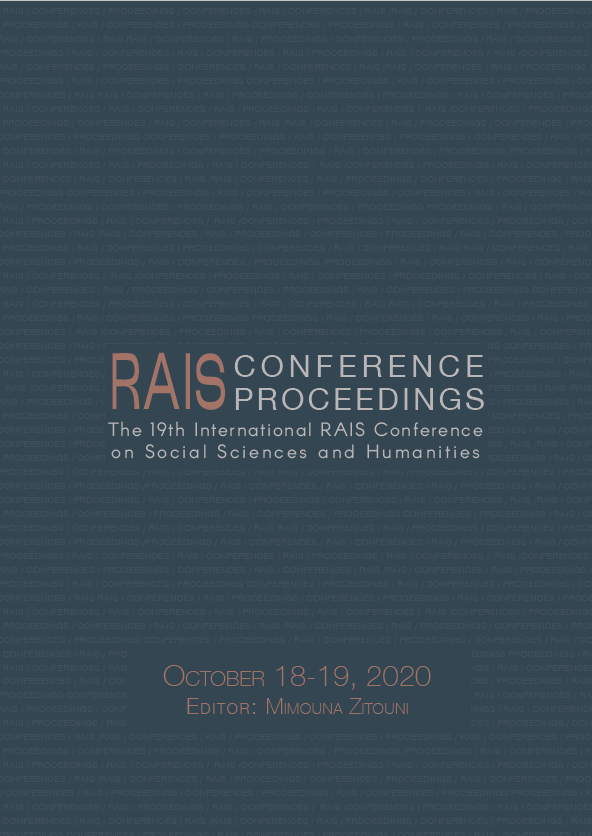Author(s): Genti Kruja / Language(s): English
Publication Year: 0
In its general meaning, “culture” is defined as a spiritual non-material world in the life of different societies, while civilization is defined as, a material world reflecting cultural values. Sociological sciences, particularly during the twentieth century, have given a broader meaning to the concept of culture. In addition to artistic, scientific and philosophical creativity, the contemporary sociological concept of culture includes the totality of activities and of the ways of living of its society members (Dervishi 2003, 5). The concept of culture is one of the most used notions in sociology. Culture consists of the values that members of a group own, the norms they respect and the material goods they possess. Values are abstract ideals, while norms are defined principles or rules which people must follow. Norms determine what should and what should not be done. According to sociologist Giddens, culture consists of lifestyles, clothing, ceremonies, traditions, and customs and so on. Culture as a concept is distinct from society; however, there are close ties between the two notions. Society is the system of mutual relationships that connect individuals of the same culture. No culture or society can exist without each other (Giddens 2007, 43). In the traditional Albanian culture, stand out values such as patriotism and devotion, self-sacrifice in the cause of homeland, humanism which can go up to extreme altruism, the desire to be educated, generosity and honesty. In the system of values of the traditional Albanian culture, the most prominent values, the ones that distinguish it from other European cultures and beyond, are Besa (pledge of honour), hospitality and religious tolerance (Dervishi 2003, 31).
More...





